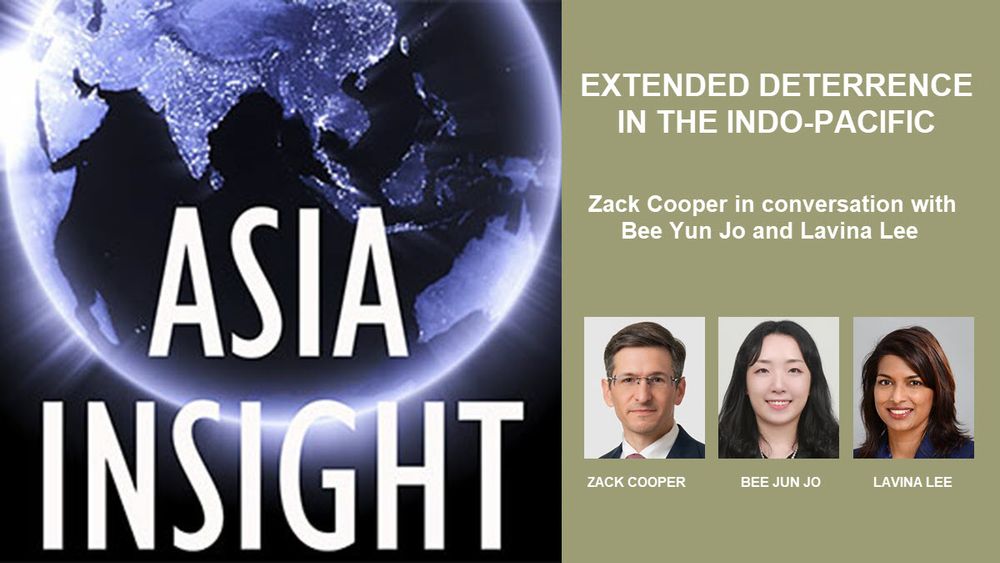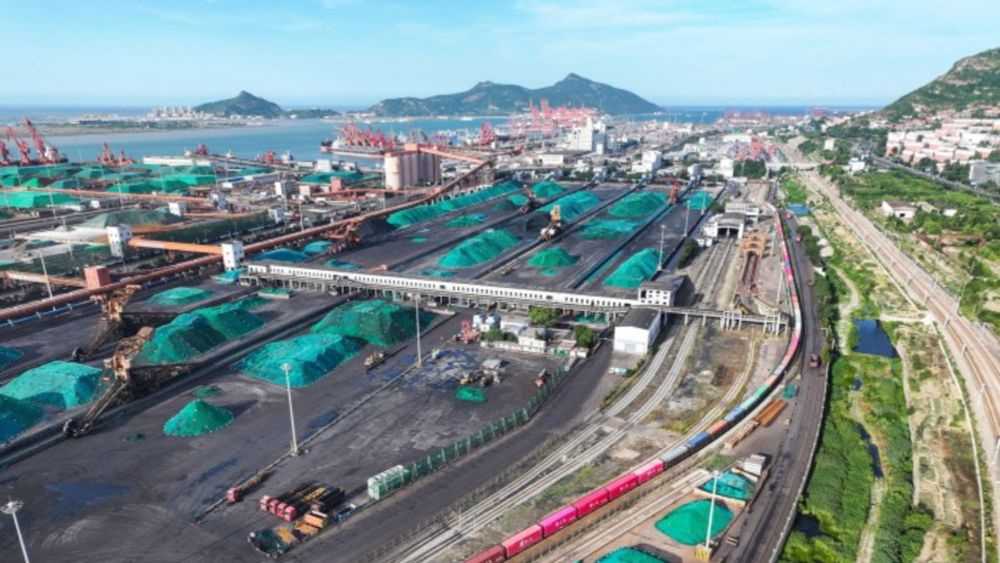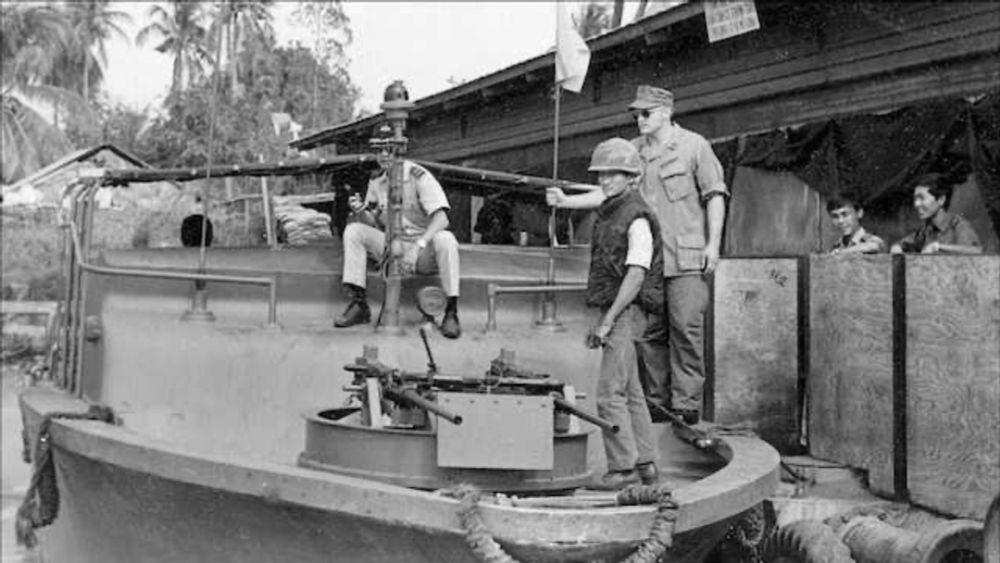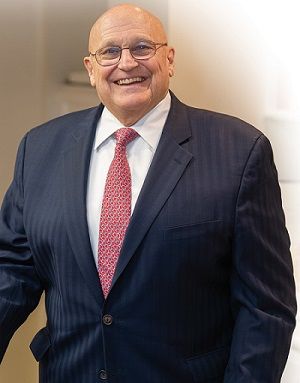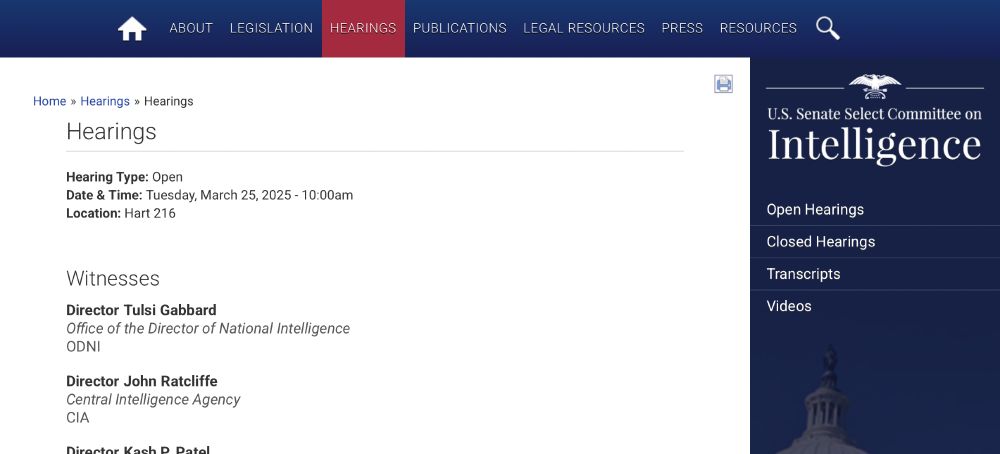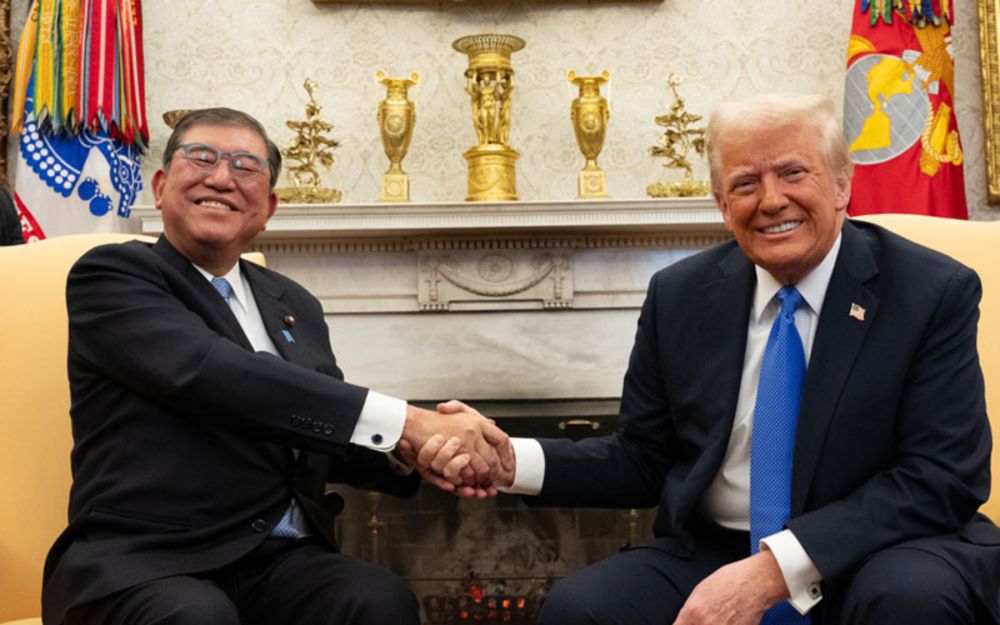Zack Cooper
@zackcooper.bsky.social
2.3K followers
300 following
55 posts
Senior Fellow at the American Enterprise Institute
Lecturer at Princeton University
Partner at Armitage International
Former Pentagon and White House staffer
Wrangler of children
Posts
Media
Videos
Starter Packs
Reposted by Zack Cooper


